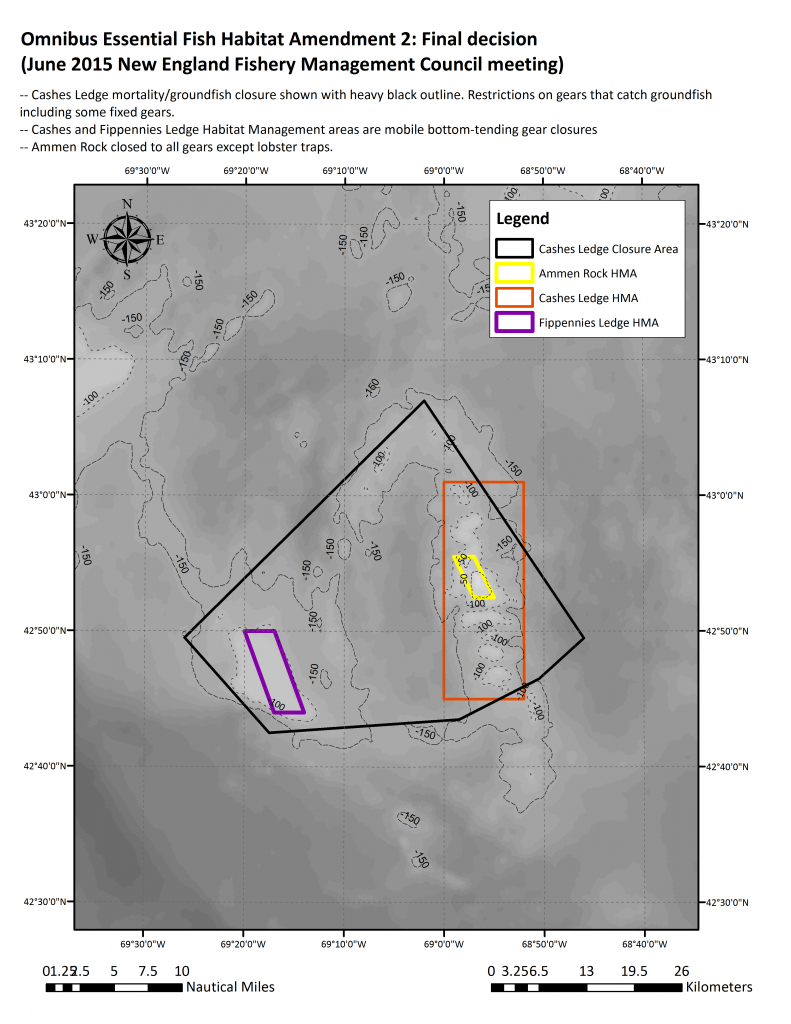WASHINGTON (Saving Seafood) — September 21, 2015 — The following was released by the American Eel Sustainability Association:
Following a petition from the Council for Endangered Species Act Reliability (CESAR), the U.S. government this month will once again consider calls to list the American eel as “threatened” under the Endangered Species Act (ESA). The American Eel Sustainability Association (AESA) reiterates its position that the American eel does not require either a “threatened” or “endangered” designation. AESA cites ample scientific study from a Federal agency and strict regulations already in place as support for this stance.
Substantial scientific evidence demonstrates that American eels are being harvested sustainably and are not under threat, according to AESA. The organization notes that CESAR’s petition does not consider the current, responsible management structures in place for American eel, and ignores previous rulings on the issue that further verify the species’ health.
The American eel stock has already been the subject of a comprehensive review by the U.S. Fish and Wildlife Service (FWS) as to whether it requires protection under the ESA. In 2007, FWS conclusively determined that American eels were not endangered, and that extending ESA protections to the species were not warranted. Specifically, the Service found “the species’ overall population is not in danger of extinction or likely to become so in the foreseeable future.”
Because there has been no significant increase in the amount of fishing pressure being exerted on the eel population, AESA contends that the 2007 ruling should stand.
Independent estimates support the FWS’s 2007 conclusion, according to AESA. Young-of-the-year recruitment, the measure of eels born into the population, has been stable for much of the last 30 years. And, according to a 2013 study, recent estimates place the annual breeding population of the species somewhere between 50 and 100 million eels.
AESA remains confident that the stock is being sustainably fished under the responsible, precautionary management of the Atlantic States Marine Fisheries Commission (ASMFC). In 2014, the Commission established a coastwide quota for the species, with the support of its Eel Management Board, including representatives from the FWS.
In tandem with other effort restrictions and controls against illegal fishing, existing regulations ensure that eel quotas are not exceeded and the species is not overharvested. The fishery finished under its quota for the 2015 fishing year, indicating that overfishing is not currently a problem in the eel fishery.
AESA is committed to a sustainable future for American eel, and is an advocate for responsible management, strong law enforcement, reliable science, and other initiatives that strengthen the health of the species. An ESA listing for eels is not necessary.
The American Eel Sustainability Association (AESA) is a leading industry organization focused on the science and management of American eel.
Read the release from the American Eel Sustainability Association

